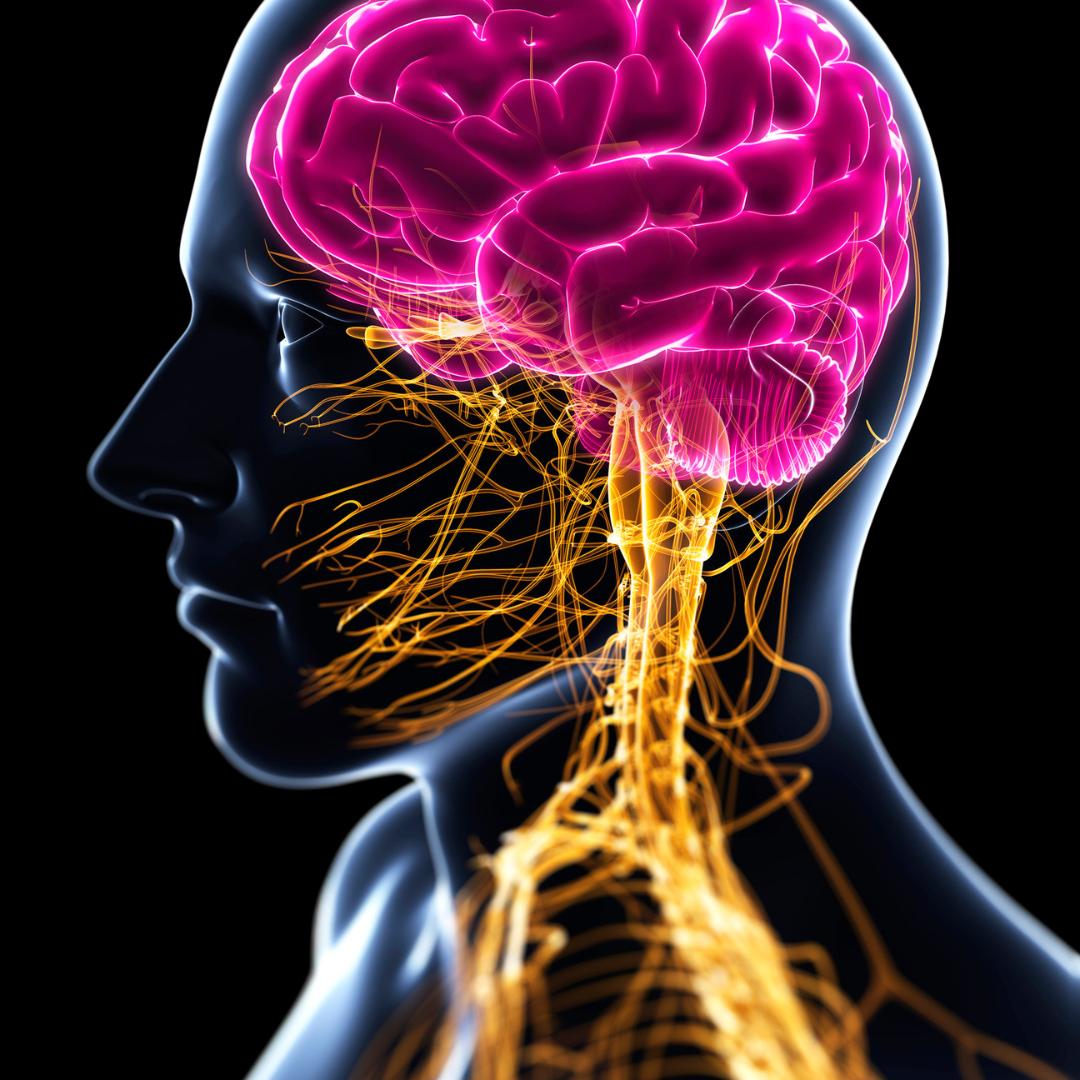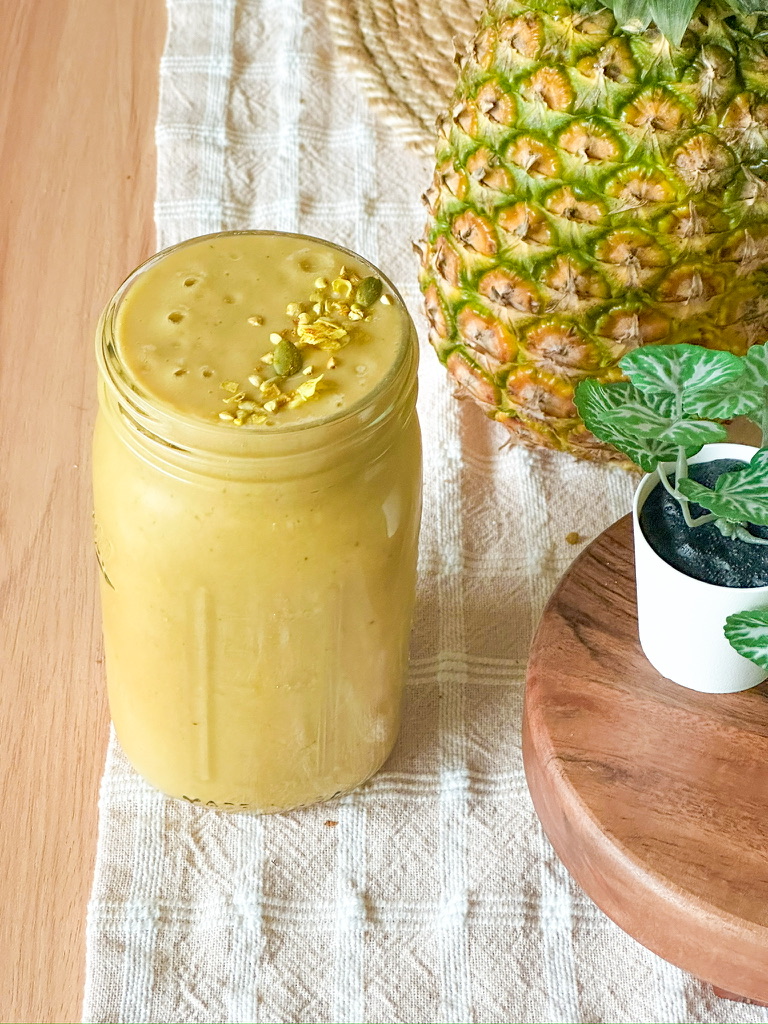Your kidneys might not be the first thing you think of when it comes to your health, but they’re essential to keeping your entire body functioning smoothly. These two small, bean-shaped organs, located just below your rib cage, play a massive role in filtering waste, balancing fluids, regulating blood pressure, and more. Unfortunately, the stress of modern diets—high in animal proteins, processed foods, and fats—can take a toll on your kidneys over time.
In this blog, we’ll cover how your kidneys function, the ways diet can either support or strain them, and why a high-fruit, high-carb diet is particularly beneficial for kidney health. If you’re looking to protect your kidneys and feel better overall, keep reading to learn how you can make simple but impactful changes to your diet—starting today.
What Do Your Kidneys Do?
Your kidneys are a pair of hardworking organs that keep your body clean and balanced. Here’s a quick breakdown of their major functions:
- Filtering Waste: Every day, your kidneys filter about 50 gallons of blood, removing waste products such as urea (from protein metabolism), excess salts, and toxins. This waste is then turned into urine, which is stored in the bladder until it’s excreted.
- Balancing Fluids: Your kidneys regulate the amount of fluid in your body by adjusting the amount of water that is reabsorbed into the bloodstream or sent to the bladder for elimination. This ensures you stay hydrated and that your body’s internal environment remains stable.
- Regulating Electrolytes: Electrolytes like sodium, potassium, and calcium are essential for muscle function, nerve signals, and overall balance. Your kidneys carefully maintain the right levels of these minerals in your blood.
- Blood Pressure Control: The kidneys produce a hormone called renin, which helps regulate blood pressure by controlling fluid and salt balance. They also influence the constriction or dilation of blood vessels.
- Acid-Base Balance: Your kidneys help maintain a stable pH in your body by excreting hydrogen ions and reabsorbing bicarbonate from urine, which keeps your body’s acid-base levels balanced.
- Detoxification: The kidneys eliminate metabolic waste from the body, preventing toxins from building up in the bloodstream. This detoxification process is critical for maintaining overall health and preventing damage to other organs.
In short, the kidneys are responsible for filtering and balancing nearly every fluid in your body. Without healthy kidney function, toxins and waste products would accumulate, leading to a host of health problems, from high blood pressure to kidney stones, and in severe cases, kidney failure.
The Impact of Diet on Kidney Health
Given the crucial role that kidneys play in maintaining homeostasis, the foods we consume can have a significant effect on how well they function. Many modern diets—rich in processed foods, animal proteins, and unhealthy fats—place an immense burden on the kidneys. Here’s how:
- Excess Protein: Diets high in animal-based proteins, especially red meat and dairy, increase the production of waste products like urea, which the kidneys must work extra hard to filter out. Over time, this can strain the kidneys and increase the risk of kidney disease.
- High Fat Intake: Saturated fats from processed foods and animal products can lead to the buildup of plaques in arteries, reducing blood flow to the kidneys and making it harder for them to do their job.
- Sodium Overload: Processed foods are often high in sodium, which can upset the electrolyte balance in the body, causing the kidneys to work overtime to excrete the excess. This not only strains the kidneys but also raises blood pressure, further increasing the risk of kidney damage.
- Dehydration: Many people are chronically dehydrated, whether from a lack of water or the consumption of diuretics like caffeine and alcohol. When your body is dehydrated, your kidneys have to work even harder to concentrate urine and eliminate waste, which increases the risk of kidney stones and other complications.
Now that you understand the stresses modern diets can place on your kidneys, let’s explore how a high-fruit, high-carb diet can benefit your kidney health.
How a High-Fruit, High-Carb Diet Supports Kidney Health
Switching to a diet rich in fruits, vegetables, and plant-based carbohydrates can do wonders for your kidneys. Here’s how:
1. Hydration and Detoxification
Fruits like watermelon, oranges, and cucumbers are naturally high in water, which is essential for keeping your kidneys functioning optimally. Proper hydration helps your kidneys efficiently filter toxins from the blood and reduces the risk of kidney stones. When you consume fruits rich in water, you’re also supporting your body’s natural detoxification processes, which lightens the load on your kidneys.
2. Reducing Acidic Burden
Animal proteins and processed foods are often acidic, which puts extra pressure on your kidneys to maintain your body’s pH balance. Over time, a consistently acidic diet can lead to kidney damage. On the other hand, fruits—especially alkaline ones like berries, melons, and leafy greens—help neutralize acid in the body, reducing stress on the kidneys and helping maintain a balanced pH.
3. Low Protein, Easier Filtration
While protein is essential for the body, consuming too much—especially from animal sources—produces waste that the kidneys must filter out. By focusing on a high-fruit, high-carb diet, you naturally consume less protein, which means your kidneys don’t have to work as hard to eliminate waste products like urea. This is particularly important for those at risk of kidney disease or with existing kidney concerns.
4. Carbohydrates for Clean Energy
Plant-based carbohydrates from fruits and vegetables provide clean, easily digestible energy for your body. Unlike high-fat and high-protein diets, which can be difficult to break down and strain the kidneys, carbohydrates from whole, plant-based sources are gentle on your digestive system and your kidneys. They fuel your body without producing harmful waste products, keeping your kidneys free to focus on their primary filtration and detoxification tasks.
5. Natural Electrolyte Balance
Fruits like bananas, oranges, and leafy greens are rich in natural electrolytes, such as potassium, which helps maintain proper electrolyte balance in the body. When your diet is based on whole, plant-based foods, you naturally consume the right amount of minerals without the excess sodium and imbalances caused by processed foods. This ensures that your kidneys can easily regulate fluid levels and keep your blood pressure in check.
How to Tell If Your Kidneys Need Extra Support
If your kidneys are struggling, you might notice subtle signs before serious problems develop. Keep an eye out for the following:
- Swelling in your hands, feet, or face: This can indicate that your kidneys are struggling to balance fluids.
- Fatigue and brain fog: When your kidneys are overworked, toxins that should be eliminated stay in the body, leading to feelings of sluggishness and mental fog.
- Changes in urination patterns: If you’re noticing increased frequency, urgency, or discomfort, your kidneys might be under stress.
If you’re experiencing any of these symptoms, it’s time to start thinking about how you can support your kidneys—before more serious issues arise.











